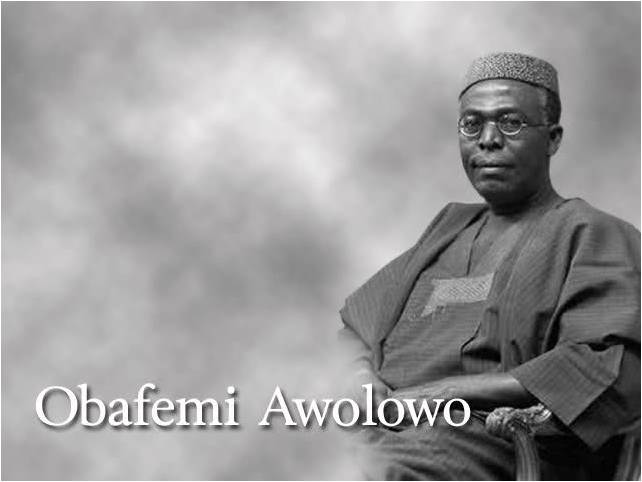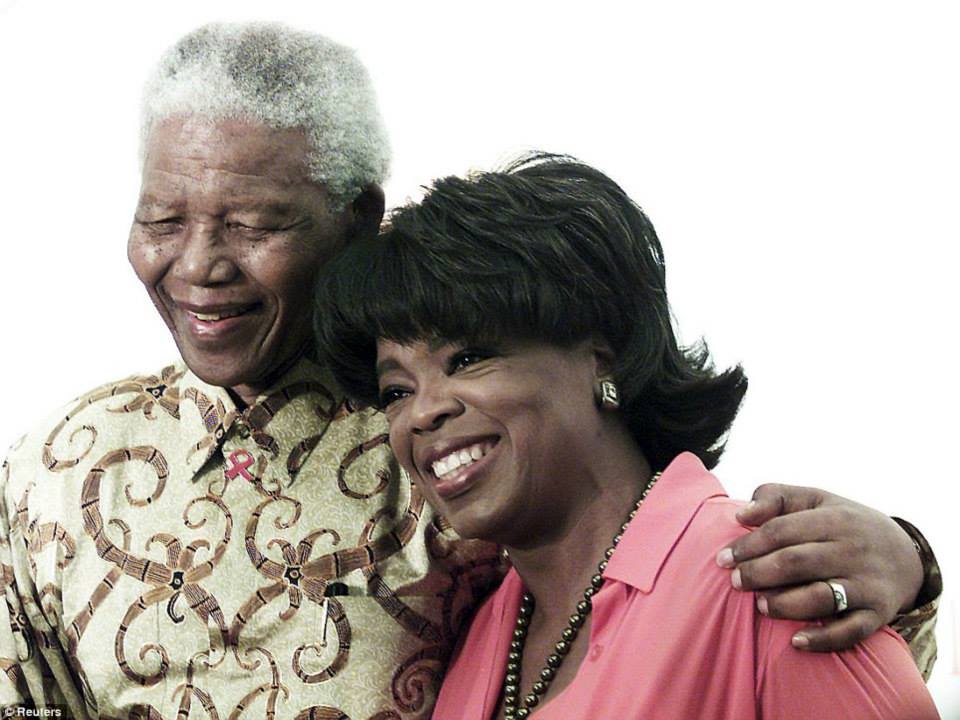Internal factors that contributed to growth of nationalism
The oppressive and exploitative colonial policies
During the 19th and early 20th
centuries, the whole of Africa, except Ethiopia and Liberia, was brought under
colonial rule. Thereafter, Europeans
embarked on their major aim of exploiting Africa and in the process became very
brutal. They grabbed African land,
pushed Africans into over-crowded reserves, introduced high taxes, and forced
Africans to work in mines and on plantations - all for the white man's benefit.
While at work, Africans were often abused or even flogged. Those who failed to pay taxes were treated in
similar ways or even imprisoned.
All this annoyed Africans and led to strong feelings of nationalism.
Independent Churches in Africa
The rise of independent Churches in Africa also led to the rise and growth of African nationalism. Owing to the discrimination by white missionaries, African clergy broke away from the white dominated Churches and formed theirs. These indigenous interdependent Churches were under the leadership of African Clergy who criticised white missionaries for being discriminative, proud, abusive and exploitative. This helped to arouse nationalistic feelings amongst Africans.
The 1935 invasion Italian of Ethiopia
The October 1935 invasion of Ethiopia by Italy also contributed to the growth of African nationalism. Ethiopia had survived the 19th century European colonialism after a victorious war against the Italians at Adowa in 1896. This victory enabled Ethiopia to escape colonialism put her on a world map and made her the pride of all Africans. On the other hand the defeated Italy became internationally humiliated and nursed and desire to revenge against Ethiopian, which she did in October 1935. Africans all over the world were shocked and annoyed by Mussolini's attack on Ethiopia. They mobilized funds, weapons and soldiers to liberate Ethiopia. In 1941, Italy was defeated once again on Ethiopian soil. This 2nd victory brought Africans together and made them realise that armed resistance was the only means to use to get rid of colonialism.
The
independence of Ethiopian and Liberia
The independence enjoyed by Ethiopian and Liberia also fuelled the growth of African nationalism. These two countries had survived the funds of 19th European colonialism. Their political, economic, social and cultural ways of life had remained intact. These two countries served as role models and challenged the suffering Africans to fight for their lost dignity and independence hence the growth of African nationalism.
Missionary activities in Africa
Missionary activities in Africa also led to the growth of African nationalism. They introduced western education and taught art subjects like history which exposed Africans to the liberation struggles of various peoples; for example the French revolution of 1789. They also emphasised the equality of all persons, which incited Africans to fight for their rights, including political rights. In some parts of Africa, Clergymen either joined liberation movements or extended them financial support for example Rev. Ndabaningi Sithole gave support to the ZAPU (Zimbabwe African People's Union). The Catholic Church in Congo also criticised Belgian colonialism.
The Egyptian revolution of 1952
The Egyptian revolution of 1952 also influenced the growth of African nationalism. The 1952 Egyptian revolution led to the fall of the monarchy and King Farouk. Gamal Nasser provided assistance to the freedom fighters in Africa. For Uganda in particular, a foreign office for UNC was opened in Cairo. Musaazi's representative there was Kalekezi, a great UNC member from Kabale. (Kalekezi was a father of another great patriot in the UPDF called Brigadier Kale Kaihura). For example he allowed the Uganda National Congress (UNC) and the FLN (National Liberation Front) of Algeria to open up offices in Cairo. He also supported Patrice Lumumba's (MNC (Movement Nationale Congolese). This support boosted African Nationalistic outlook or consciousness.
The 1956 Suez Canal crisis also fuelled nationalism in Africa. In that year, Israel backed by Britain and France attacked Egypt with an aim of seizing and controlling the profitable Suez Canal Project. Unfortunately, the three allies were defeated by president Nasser of Egypt using the up-to-date arms he had obtained from communist Russia and China. He captured the arms of the defeated Europeans and sent them as gifts to guerrillas fighting for independence in Algeria, Tunisia and Kenya. Hence boosting nationalistic efforts in those countries
The development of the mass media
The development of the mass media across Africa also catalysed the growth of African nationalism. African elites founded a number of newspapers, magazines and radio stations. Through these, they publicised the atrocities committed by colonialists against Africans and called upon Africans to rise up change the situation. In West Africa, Namdi Azikiwe started "The West African Pilot" and edited a number of magazines. Obafemi Awolowo edited "the Nigerian Tribune," Kwame Nkrumah of Ghana started the "Accra Evening News.' In Uganda, newspapers included Munno, etc. Radio Stations included Radio Cairo, Radio Accra etc. Though the mass media, seeds of nationalism were sowed.

Chief Obafemi Awolowo was the powerful writer and editor "the Nigerian Tribune," He also unsuccessfully campaigned to become President.
The formation of political parties
The formation of political parties in Africa also led to the growth of African nationalism. These included the United Gold Coast Convention (U.G.C.C.) and Convention Peoples' Party (CPP) in Ghana, the African National Congress (ANC) in S. Africa, the Uganda National Congress (UNC), the Kenya African National Union (KANU) and others. Leaders of these parties were elites who inculcated a spirit of nationalism amongst party members. Gradually, a number of Africans joined one party or the other to fight against colonialism.
The independence of Ghana in 1957
The independence of Ghana in 1957 also influenced the growth of African nationalism. Before, during and after the independence of Ghana, Kwame Nkrumah clearly stated that the independence of Ghana would be meaningless if the rest of Africa was still under colonial rule. With this in mind, Nkrumah extended financial and military support to nationalists struggling colonialists in various parts of Africa for example Congo. He also organised the April and December 1958 Pan African Congress in Accra and sensitised the participants about the methods to use in the struggle against colonialism. Accordingly, Patrice Lumumba, Tom Mboya & Namdi Azikiwe returned home ready to struggle for independence.
The independence of Guinea Conakry
The independence of Guinea in 1958 under Sekou Toure also influenced the growth of African nationalism. Sekou Toure was committed to the liberation and unity of Africa. Hence he welcomed the formation of the Ghana-Guinea Union of 1958, which was later joined by Mali in 1961. Again Sekou Toure extended support to the PAIGC, which was struggling against Portuguese colonialism in Guinea Bissau. Sekou Toure's flexibility and readiness to co-operate with other Africans leaders helped to alert other African nationalists about the need for unity and co-operation against colonialists.

Prime Minister Jomo Kenyatta with "Field Marshal" Mwariama, a Mau Mau leader who came to Kenyatta's home with a group of followers after the Prime Minister had promised amnesty to all rebels who left hiding by December 16th.
The Mau Mau rebellion in Kenya
The 1952-55 Mau- Mau rebellion in Kenya also helped to shape African nationalism. Following many years of oppression, Kenyans took up arms against the British, which taught Africans in Angola, Algeria and other areas that colonial oppression can only be ended through armed struggle. The fear of a bloody rebellion in Tanganyika made turn bull governor to promise independence to the country.
The Algerian War of independence
The 1954-1962 Algerian War of independence also fuelled of African nationalism. The Algerians successfully resisted the French colonialists and at the end of their guerrilla war, Algeria became independent this provided another example to Africans to struggle against colonial rule force of arms. Africans learnt that independence could not be obtained on a silver plate.
The formation of the (OAU)
The formation of the (OAU) on 25th 1963, the organisation of African Unity was formed. This was a continental body, which aimed at promoting African Unity. It united the then 32 independent African States and set itself a task of helping other African countries, which were still under colonial rule. In 1974, the O.A.U. set up a liberation committee with its Headquarters in Dar-es-Salaam. Through this committee it provided movements such as the ANC in South Africa.

Oprah Winfrey with Nelson Mandela. He struggled for the rights of black people. All Africans in Africa were concerned about mistreatment of blacks.
The apartheid policy in South Africa also led to nationalistic feelings. The white man's segregation against blacks made Africans all over the continent to become indignant and to conclude that whites hated blacks. South Africans were physically participation and were ill treated in mines. This made Africans annoyed and nationalistic. About nationalism, Steve Biko said "Black Consciousness therefore takes cognizance of the deliberateness of God's plan in creating Black people black."
National Movements and New States in Africa